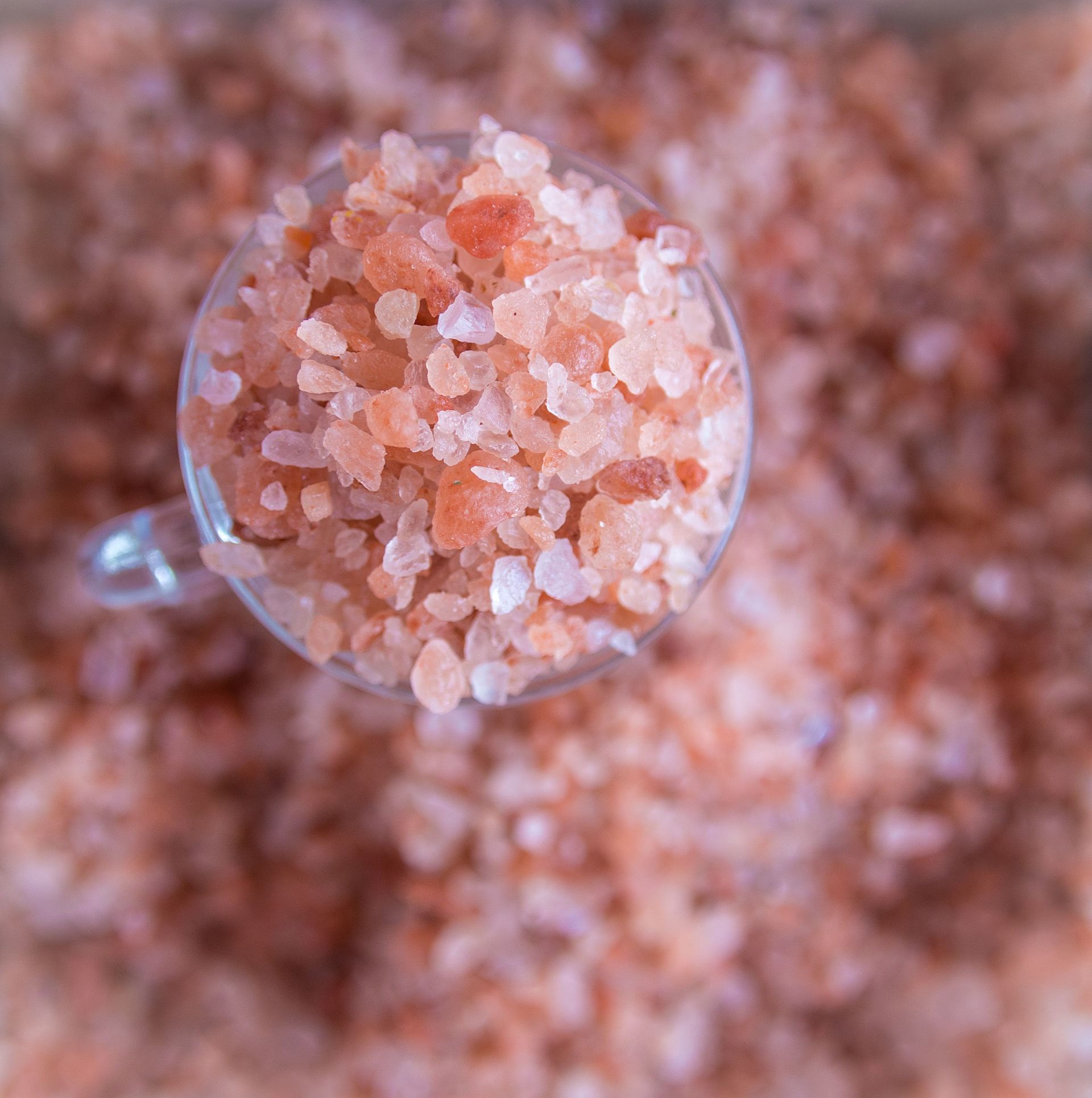Do We Have An Alternative To 'White Poison' Common Salt

Common salt or white salt, is the most common ingredient of our food. It is one of the five basic taste sensations and makes the food scrumptious. With the rise in lifestyle related disorders (hypertension, diabetes, kidney dysfunction) it is often advised to reduce the amount of salt from our food. Given the prevalence of common salt in our diets, how can we make a healthier choice? Do we have an alternative or how can we do this?
The answer is in Ayurveda, Acharya Charak has clearly stated that Saindhav Lavan or rock salt or nowadays marketed as pink salt, is the best salt to use in our cooking. Rock salt is called as Saindhav lavanouttamam - i.e saindhav lavan takes the first place in all different kinds of salts. This unprocessed salt - not containing any kind of harmful chemicals - is the purest form of salt. No wonder it is used in upvas (fasting). Studies have shown that rock salt contains 84 trace elements including iron, calcium, zinc, potassium etc which are also found in the human body.
When used in its natural form it becomes an external as well as an internal therapeutic agent. It ignites the digestives fire or agni, becoming a natural metabolism enhancer. It is also beneficial in condition of heartburn or acidity, it creates an alkaline base for our digestive system. Being an unprocessed salt, rock salt also helps in controlling the blood pressure. There are multiple other benefits of using rock salt - improves eyesight, removes the toxins from the body by working as a natural cleanser. Gargling with saindha lavan, helps to soothe sore throat and reduces phlem. Additionally, it also balances all the three Doshas (Vatta, Pitta, Kapha), making it a super salt.
Despite of having all these supreme powers, people are hesitant in using rock salt as a main cooking agent also because common salt is fortified with Iodine. Pink salt do contain traces of Iodine and if someone is not having any Iodine deficiency they can easily replace common salt with rock salt in cooking. To compensate for any loss of Iodine one can include foods having natural Iodine like spinach, kidney beans, oats, quinoa etc in their diets. Still in case of Iodine deficiency one can use rock salt fortified with Iodine which is easily available these days.
Recommended salt intake for a healthy individual should not be more than 2300 mg/day, with ideal limit being around 1500mg/day. With packaged and processed food being easily available, this limit is often breached. By consuming more home cooked food and replacing commong salt with rock salt can improve your dietary balance and in turn your health well being.